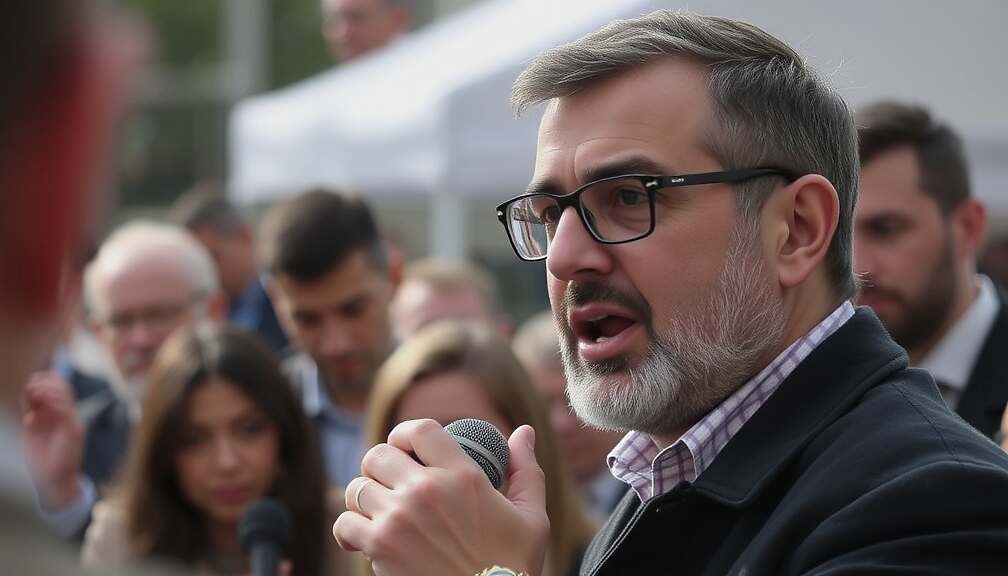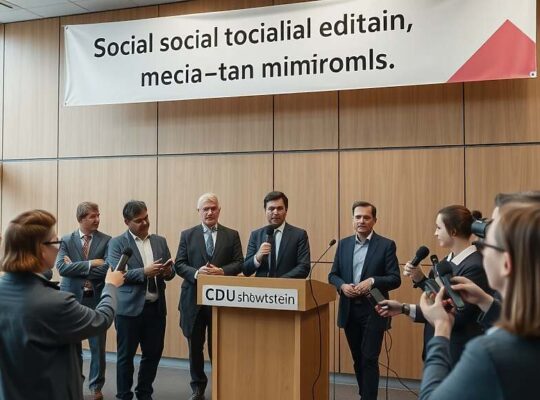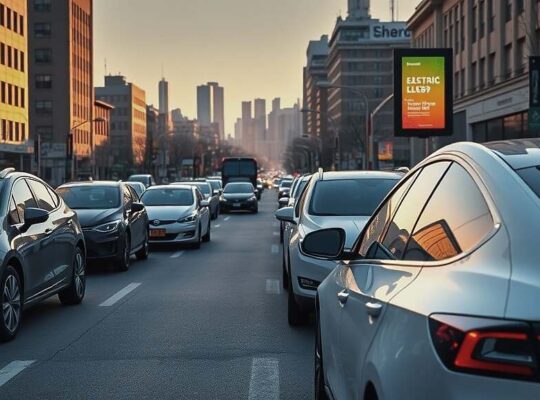The Green Party’s lead candidate for the upcoming state election in Baden-Württemberg, Cem Özdemir, has indicated a potential shift in the timeline for the planned ban on the sale of new gasoline and diesel vehicles starting in 2035. In remarks to the “Handelsblatt” newspaper, Özdemir called for collaboration between industry and policymakers to allow for necessary flexibility in the timing, while maintaining a clear trajectory toward emission-free mobility.
While suggesting a possible postponement, Özdemir explicitly rejected the idea of completely abandoning the ban, emphasizing that the automotive industry has already made significant investments in zero-emission vehicles.
The statement comes in response to criticism from Bavarian Minister President Markus Söder (CSU), who has publicly advocated for reconsidering the phase-out. Özdemir criticized Söder’s position, arguing that forward-looking policies should focus on future-proofing the industry rather than revisiting past decisions. Green Party co-leader Franziska Brantner echoed this sentiment, reaffirming the party’s unwavering commitment to the goal of climate-neutral vehicles and the eventual end of combustion engine car sales.
Sebastian Roloff, the SPD’s spokesperson for economic policy, also expressed openness to discussing a shift in the 2035 target. He underscored the need for a joint plan emerging from an upcoming automotive summit to safeguard domestic locations and employment.
The current regulations, known as “fleet limits” mandate that all newly registered vehicles within the European Union must, on average, emit no more than 93.6 grams of CO2 per kilometer. This standard will be progressively lowered to zero grams by 2035, effectively prohibiting the sale of new combustion engine vehicles. This measure is part of the “Fit-for-55” package, designed to steer the EU away from a climate change trajectory exceeding four degrees Celsius and towards one that limits warming to just above two degrees Celsius. Recent rulings from the International Court of Justice have highlighted the potential for states to face legal action if they fail to meet targets aligned with the 1.5-degree Celsius threshold.












